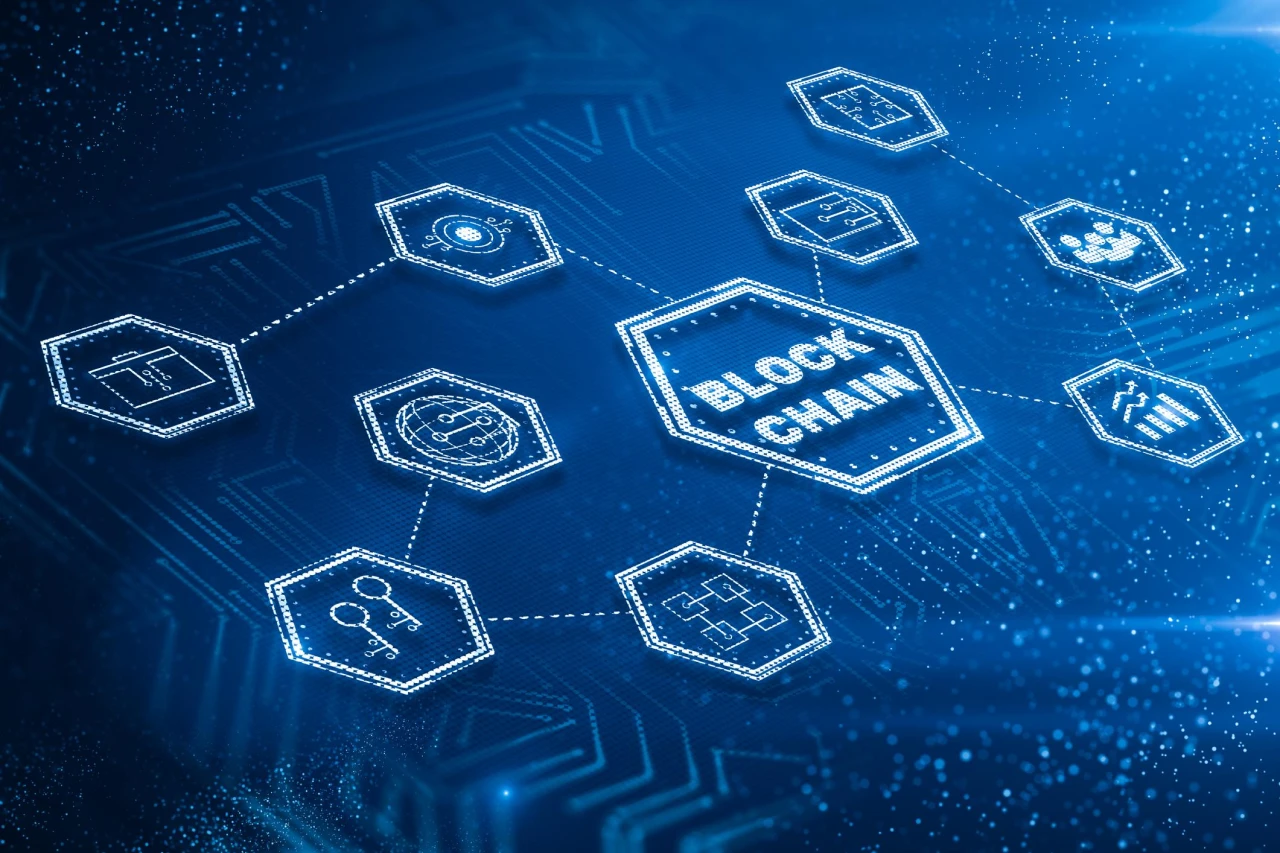Blockchain address screening process
Resonare provides an advanced compliance platform to streamline blockchain address screening through:
- Real-time monitoring and screening of cryptocurrency wallet addresses.
- Integration with global sanctions and illicit activity databases.
- Risk-based assessment models to identify high-risk transactions.
- Automated alerts for suspicious transactions linked to illicit activities.
- Seamless reporting tools for regulatory compliance.


Discover Resonare’s step-by-step blockchain address screening process
1. Collect and Verify Wallet Information
Before processing cryptocurrency transactions, businesses must conduct Know Your Customer (KYC) and Know Your Transaction (KYT) procedures, including:
- Collecting customer identification details.
- Capturing wallet addresses associated with customer accounts.
- Analyzing the transaction history of blockchain addresses.
- Identifying counterparties involved in transactions.
2. Screen Blockchain Addresses Against Global Blacklists
After collecting wallet information, Resonare’s system screens blockchain addresses against various global regulatory sources, including:
- Office of Foreign Assets Control (OFAC) Specially Designated Nationals (SDN) list.
- United Nations (UN) Security Council sanctions list.
- European Union (EU) and UK Financial Sanctions List.
- Financial Action Task Force (FATF) high-risk jurisdictions.
- Darknet market and illicit activity databases.
- Known scam, ransomware, and money laundering-related addresses.
If a match is found, additional verification is required to assess the risk.


3. Risk-Based Assessment and Transaction Monitoring
Not all blockchain addresses flagged in screening pose the same level of risk. Businesses use risk-based assessments to evaluate:
- The wallet’s transaction volume and frequency.
- The origin and destination of funds.
- Any links to darknet markets, ransomware, or fraud schemes.
- Suspicious transaction patterns (e.g., mixing services, rapid transfers, or large transactions to high-risk jurisdictions).
- Any past association with sanctioned or blacklisted entities.
Resonare’s real-time monitoring detects unusual activity, such as:
- Transactions with wallets flagged in illicit finance databases.
- Transfers to and from high-risk exchanges or jurisdictions.
- Use of coin mixers, privacy wallets, or obfuscation services.
- Unusual deposit and withdrawal patterns.
4. Apply Enhanced Due Diligence (EDD) for High-Risk Transactions
If a blockchain address or transaction is flagged as high-risk, additional AML measures may be required, including:
- Manual review by compliance officers.
- Requiring additional customer verification (KYC updates).
- Delaying or blocking high-risk transactions.
- Enhanced tracking and monitoring of repeat offenders.
- Reporting any illicit activity to regulatory authorities.


5. Report Suspicious Blockchain Transactions
If fraudulent or sanctioned activity is detected, Resonare help for institutions file a Suspicious Activity Report (SAR) or Suspicious Transaction Report (STR).
6. Continuous Blockchain Monitoring and Compliance Updates
Blockchain transactions occur in real-time and are irreversible, requiring continuous monitoring and regulatory adaptation. Businesses must:
- Conduct ongoing screening of wallet addresses to detect new risks.
- Stay updated on emerging blockchain fraud trends and techniques.
- Adapt AML compliance frameworks to evolving global cryptocurrency regulations.
By integrating Resonare’s blockchain address screening solutions, businesses can proactively detect, prevent, and report illicit activities while ensuring compliance with financial crime regulations.